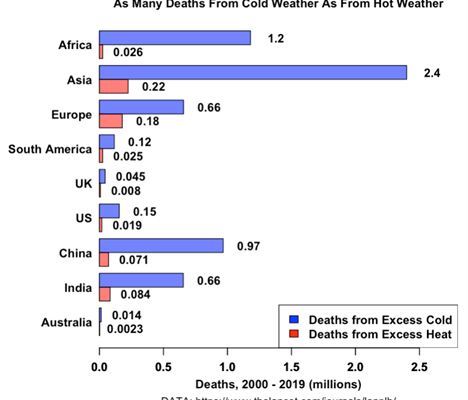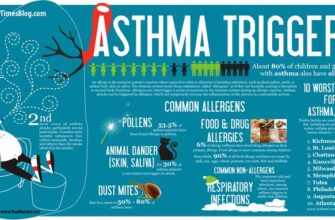Recent scientific projections paint a stark picture for England and Wales: annual heat-related fatalities could skyrocket to 30,000 by the 2070s under current warming trends. This isn`t just a weather report; it`s an urgent call to action in a warming world.

A Grim Forecast for a Warming Nation
The United Kingdom, known more for its temperate climate and occasional drizzle, is now facing a future where extreme heat becomes a deadly norm. A groundbreaking study by researchers from the University of California, Los Angeles (UCLA) and the London School of Hygiene and Tropical Medicine, has delivered a sobering outlook. Their models predict a staggering increase in heat-related mortality for England and Wales.
Historically, the period between 1981 and 2021 saw an average of 634 heat-related deaths annually. However, if global warming continues unabated, reaching a 4.3°C rise above pre-industrial levels with minimal adaptation efforts, this figure is projected to surge sixteen-fold to over 10,000 deaths by the 2050s, potentially exceeding 34,000 fatalities per year by the 2070s. To put this into perspective, that`s a fifty-fold increase in just half a century.
Beyond the Thermometer: Factors Amplifying the Risk
What makes these projections so alarming? It`s not just the mercury climbing. The research delved into a complex interplay of factors, including varying warming scenarios, the effectiveness of climate mitigation and adaptation strategies, regional climatic differences, and even potential power grid failures. Crucially, it also accounted for the inevitable demographic shift: an aging population.
The study highlights that previous assessments may have significantly underestimated heat-related mortality by not fully considering the impact of older communities. England and Wales are set to experience a substantial aging of their population over the next five decades, with the most significant increase in the 65+ age bracket expected by the 2060s. Given that older individuals are particularly vulnerable to heat stress, this demographic trend acts as a compounding factor, turning a weather challenge into a profound public health crisis.
“Within the next 50 years,” states Dr. Clare Heaviside, a senior research associate at UCL Bartlett School Environment, Energy & Resources, “the health impacts of a warming climate will be substantial. We can mitigate their severity by reducing greenhouse gas emissions and planning adaptation meticulously, but we must start now.”
The Cost of Inaction: A New Normal?
The summer of 2022 served as a chilling precursor, with temperatures in Coningsby, Lincolnshire, hitting an unprecedented 40.3°C. That single event contributed to nearly 3,000 heat-related deaths (2,985, to be precise). The study warns that such extremes could become the “new normal” as early as the 2050s, implying that the unprecedented events of today may well be considered mild in the decades to come.
Even in a more optimistic scenario, where global temperature increases are limited to 1.6°C above pre-industrial levels and robust adaptation measures are implemented, annual heat-related deaths are still expected to increase six-fold by the 2070s. This underscores that while mitigation is critical, adaptation strategies are not merely supplementary but fundamentally necessary to protect lives.
Urgent Call for Coordinated Action
The consensus among experts is clear: extreme heat is a “silent killer,” often overlooked until its deadly consequences become undeniable. Unlike dramatic floods or storms, heat-related fatalities can be insidious, disproportionately affecting the vulnerable and often going unnoticed until it’s too late. With a heat warning currently in effect across much of England and Wales, anticipating temperatures up to 33°C, the urgency of these findings is palpable.
Dr. Rebecca Cole, lead author from the London School of Hygiene and Tropical Medicine, emphasizes the need for comprehensive planning:
“The increase in heat mortality is not solely a consequence of rising temperatures – it is also driven by how we build our cities, care for vulnerable populations, and address social inequalities. Coordinated adaptation strategies are needed, significantly exceeding those developed over the past 30 years.”
Protecting the elderly, strengthening urban infrastructure to combat heat islands, and ensuring equitable access to cooling solutions are paramount. The long-term health of the nation hinges on immediate, decisive action. As Professor Lea Berang Ford of the UK Health Security Agency rightly points out, the decisions made today will dictate the severity of climate change inherited by future generations. It`s a stark reminder that while we can`t reverse past emissions, we can certainly shape a more resilient future – or fail to, at our peril.









